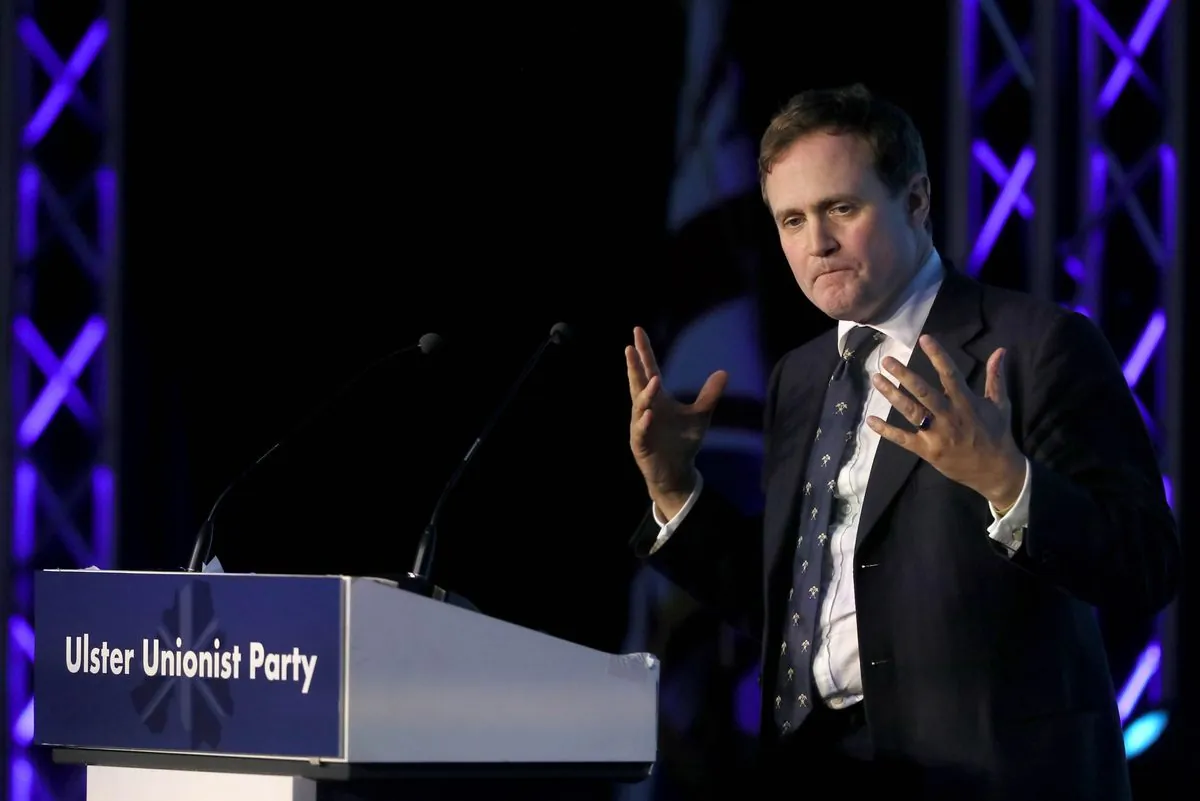Tugendhat Proposes Family-Focused Reforms to Boost UK Birth Rates
Tom Tugendhat, MP, advocates for tax and childcare reforms to support family formation in Britain. He aims to address declining birth rates and make parenting more affordable, drawing inspiration from successful policies in other countries.

In a recent interview, Tom Tugendhat, Member of Parliament, expressed concern over the declining birth rates and increasing difficulties in starting families in the United Kingdom. The Conservative politician emphasized the need for significant reforms to support family formation and boost the country's fertility rate.
Tugendhat highlighted that the UK's total fertility rate has fallen below 1.5 children per woman, a trend that has been ongoing for over a decade. This decline is part of a broader pattern observed since the 1960s, raising concerns about the future demographic balance of the nation.
"Families are the building block of society. We should be the party of families, so we have to ask ourselves why we didn't win over families with children at the most recent election."
The MP proposed examining successful family policies from other countries. He cited examples such as France and Germany, which have implemented family-friendly measures contributing to higher fertility rates. France, in particular, has maintained one of the highest fertility rates in Europe, partly due to its comprehensive family support system.
Tugendhat suggested exploring tax reforms that recognize parenthood, similar to systems in Germany, France, and Switzerland. He also mentioned South Korea's approach of offering tax breaks to companies that provide financial incentives to employees who have children. These measures aim to make parenting more affordable and give families greater financial flexibility.

The rising cost of housing was identified as a major barrier to family formation. Tugendhat acknowledged the need for building appropriate homes in suitable locations to provide stable environments for raising children. This issue is particularly pressing given that UK housing prices have seen significant increases over the past few decades.
Childcare costs, among the highest in OECD countries, were also highlighted as a significant challenge. Tugendhat praised the introduction of free childcare hours for 3-4 year olds but suggested that more comprehensive reforms are necessary. He pointed out the "childcare tax trap" affecting higher earners, where some families face marginal tax rates of up to 70% due to the withdrawal of childcare benefits.
The MP also touched on the potential extension of tax breaks for married couples, a policy introduced in 2015 under David Cameron's government. Currently, this allows for the transfer of up to £1,260 of the tax-free income allowance between partners. Tugendhat expressed interest in potentially expanding this to allow for the transfer of the entire £12,570 allowance.
While focusing on family support, Tugendhat emphasized the importance of recognizing diverse family structures. He stated that families are defined by the commitment people make to each other, regardless of their composition.
As the UK grapples with these demographic challenges, the debate over family policy is likely to play a significant role in shaping the country's future social and economic landscape.


































